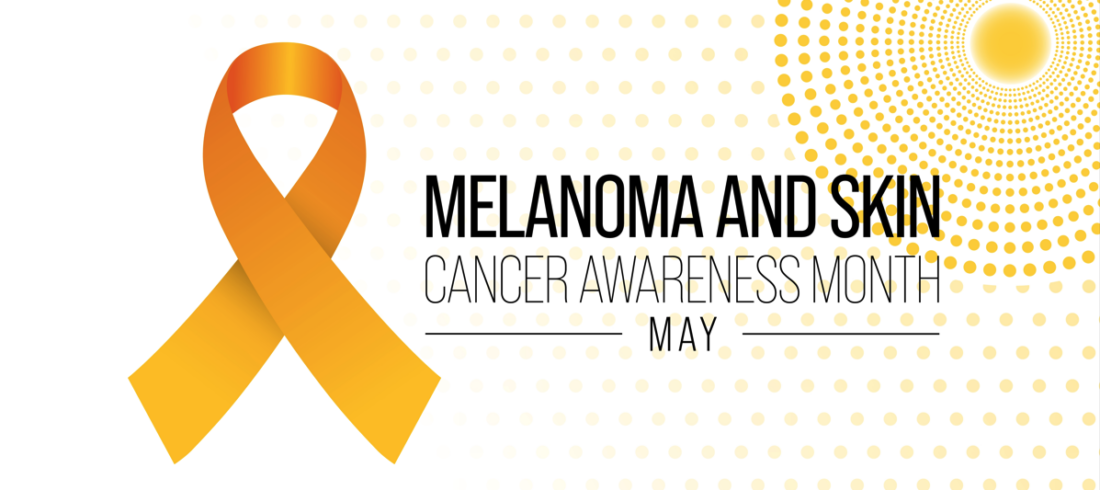Skin cancer is the most common cancer in the United States, with over 5 million Americans diagnosed with skin cancer each year. In fact, 1 in 5 Americans will develop skin cancer in their lifetime. It is estimated that nearly 9,500 people in the U.S. are diagnosed with skin cancer every day. People of all colors and races can get skin cancer.
Some people have a higher risk of developing skin cancer than others, risk factors for skin cancer include: light colored skin, skin that burns or freckles rather than tans, blonde or red hair, blue or green eyes, more than 50 moles, irregular shaped or darker moles, used or use indoor tanning devices as well as history of sun exposure from outdoor activities.
There are many different types of skin cancer, basal cell carcinoma (BCC) and squamous cell carcinomas (SCC) are the most common forms, melanoma is the most deadly. With early detection and proper treatment, the cure rate for BCC and SCC is about 95 percent. When melanoma is detected before it spreads, it also has a high cure rate. On average, one American dies from melanoma every hour. Despite all the advances in the treatment of melanoma, early detection and prevention are still our best weapons to save people from this deadly cancer.
Regular self-skin exams and a yearly professional examination help people find early skin cancers. The most important signs to look for: ABCDE of melanoma.
A: Asymmetry (one half is unlike the other half.)
B: Border (irregular, scalloped or poorly defined borders)
C: Color (varied from one area to another; has shades of tan, brown or black, or is sometimes white, red, or blue.
D: Diameter (more than 6 mm or the size of pencil eraser)
E: Evolving (changing in size, shape or color)
Any spot that looks different from all the others or that is changing, itching or bleeding needs to be checked.
Prevention is better than medicine: Always remember that sun exposure is the most preventable risk factor for all skin cancer including melanoma. Always seek shade and wear protective clothing (long sleeved shirt, pants, wide brim hat and sunglasses when possible), apply water-resistant broad spectrum sunscreen with SPF30 or more, reapply the sun screen every 2 hours even when cloudy and also after sweating or swimming. Avoid tanning beds.
Our commitment is to detect skin cancer in its earliest, most treatable stage and reduce incidence of the disease by raising awareness of effective skin cancer prevention techniques.
Everyone should begin a lifelong routine of regular skin checks. Routine monitoring is the best means to early detection of skin cancer, leading to a great prognosis for successful treatment. Patients should also remember that skin color doesn’t give them a free pass. Everyone can get skin cancer.
 Dr. Al-Shaer is board certified in Internal Medicine and completed her Fellowship in medical and cosmetic dermatology including dermatologic surgery. To schedule an appointment with Dr. Al-Shaer please call Premier Medical Group’ s Dermatology Division 845.451.7272
Dr. Al-Shaer is board certified in Internal Medicine and completed her Fellowship in medical and cosmetic dermatology including dermatologic surgery. To schedule an appointment with Dr. Al-Shaer please call Premier Medical Group’ s Dermatology Division 845.451.7272

